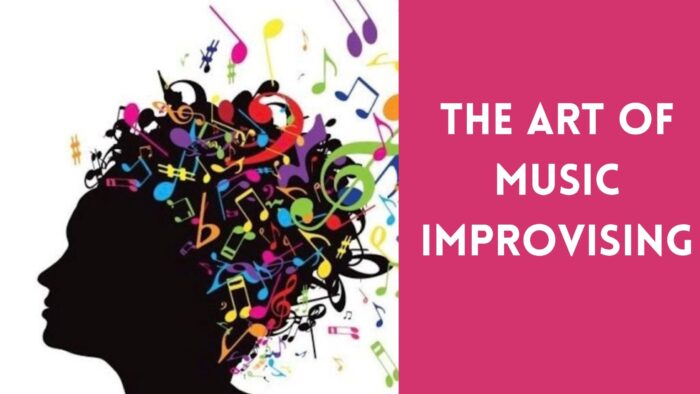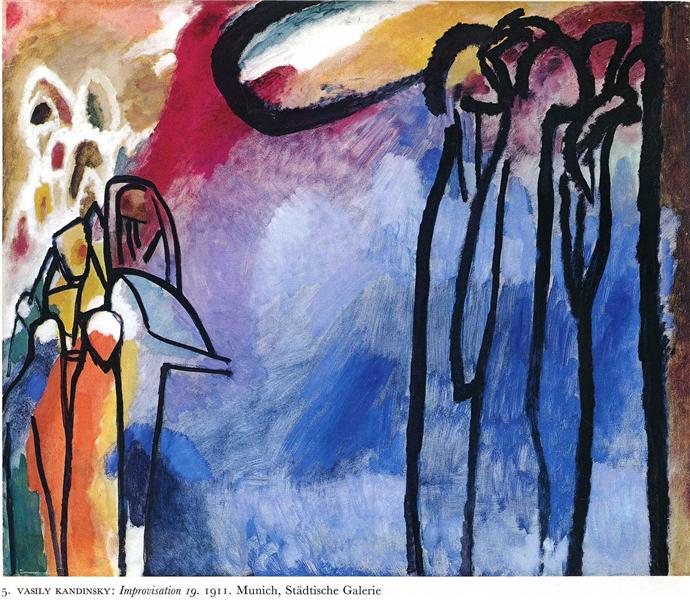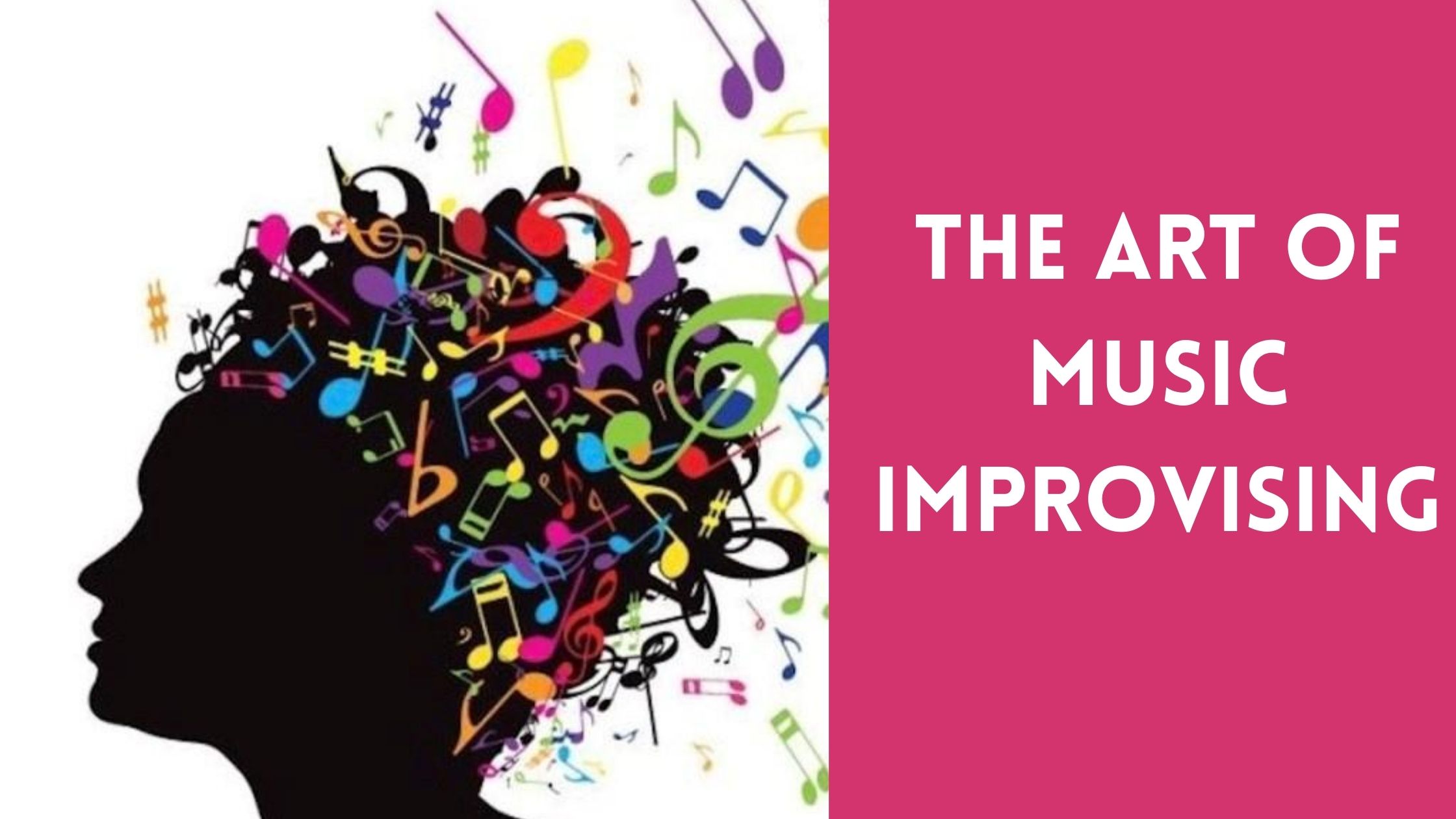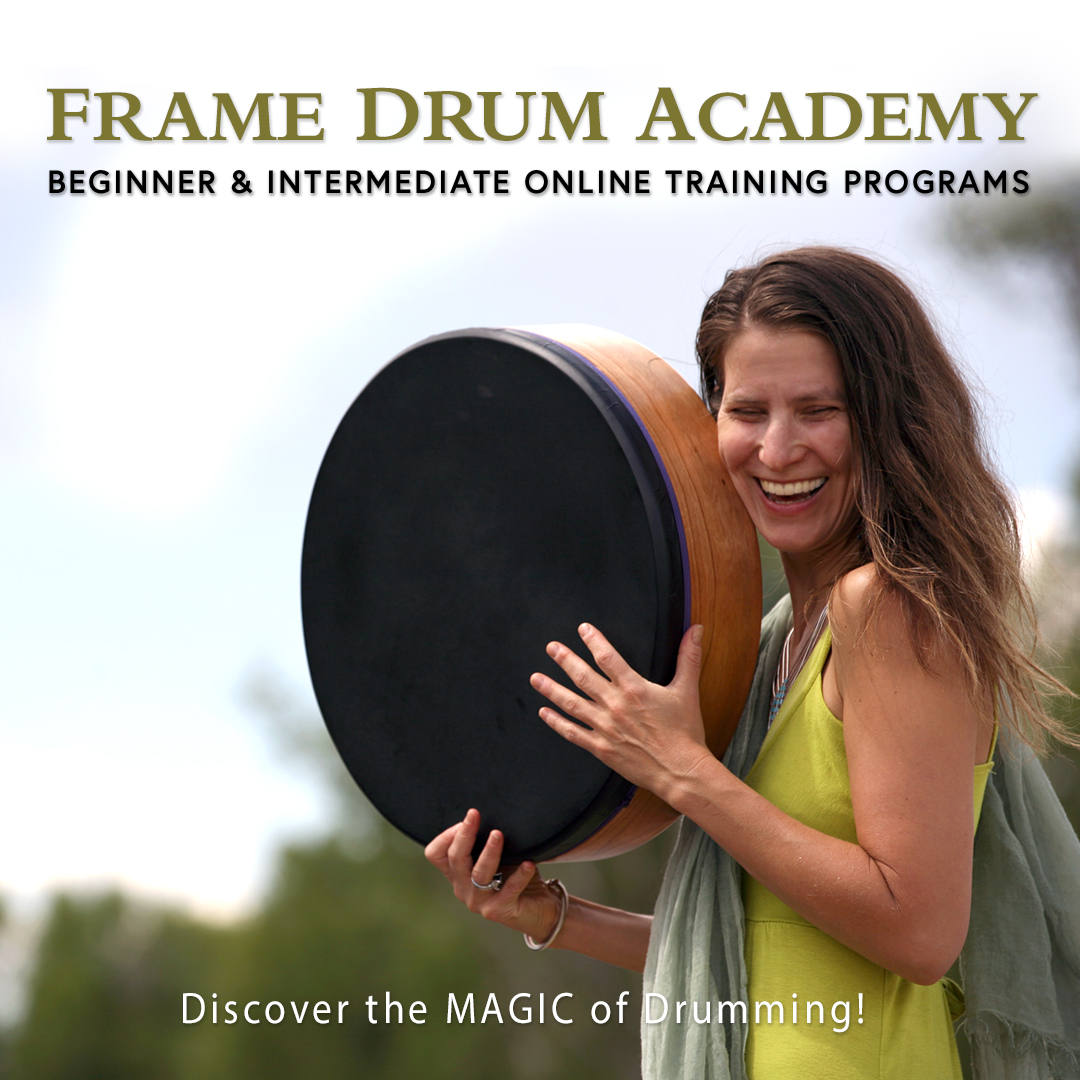
I feel; therefore I am:
The Art of Music Improvisation
Learning how to lose yourself in the moment and adapt to whatever rhythm floats your way can be a daunting task for any musician. Here’s a Guide to Improv that will help you to go with the flow, no matter what level you are or what instrument you play
As the founder of The Frame Drum Academy, performer, educator and passionate flautist and percussionist, I’ve lost count (excuse the pun) of the number of times I’ve heard people say, ‘Oh, I can’t improvise’.
Yet there is little more exhilarating than standing on a stage, beach or mountaintop and creating something perfect for that moment, rocking out a festival jamming session, adding your own unique layer to a drum circle or introducing some fresh licks to a tired old composition or favorite song. All of these require improvisation.
As a music teacher for 25 years, I can confidently say that everyone has the ability to improvise – including children, beginners and non-musicians – and it’s surprisingly easy when you know how. There may be ‘no rules’ when it comes to playing along or playing anew, but there are certain things that sound better from a musical perspective and a few simple ways to achieve them.
Here are some tips and tricks to boost improv skills that I learned along the way…
⬇︎
“Improvisation is the expression of the accumulated yearnings,
dreams and wisdom of the soul.”
– Yehudi Menuhin

BREATHE. As far as I know, there are no prizes for rushing. So before you strike a single note, take a breath, close your eyes if it helps, take time to connect, allow your body to move to the music and open yourself to the sensations of it. Give yourself a moment to tune in to the different energies, grooves and melodies flowing around you.
BANISH FEAR. In my experience, improvisation is 30% skill, 70% confidence. It may sound like a contradiction for something as ‘instinctive’ as improvising, but the more you practice, the better and bolder you will become at it. If you’re nervous at the thought of it now, dive in anyway… at every possible opportunity. Please don’t let the fear of mistakes put you off because – newsflash – when you improvise, you are creating music in the moment and there are NO mistakes you can make!
START QUIET. This neat little trick can be applied to practically any instrument. If there’s an unfamiliar rhythm or song or you’re still building up your confidence, start at a volume no-one can hear but you. If you play frame drum or any portable percussion, hold it to your ear and softly tap out what you think might sound good. Even with the largest instrument, you can experiment in pianissimo or just finger or blow gently through the notes. Then, once you’re happy, introduce your unique groove to the world around you… loud and proud.
TUNE IN. When I say loud, be mindful that your fingers and/or lungs are the equivalent of a volume button. Take the drum, for example (yes, I’m biased). It is the most powerful of instruments, both in terms of dynamics and in setting the pace for other instruments. But sometimes it can dominate too much. So unless you’re being called upon for a solo, there are a couple of things that every good improviser does at all times:
(1) They listen to what is going on around them;
(2) They watch the other players.
In fact, one of my favorite things about improv is the chemistry that builds between musicians: the body language that tells you things are about to evolve, the calls and responses, the beautiful harmonies and cheeky little clashes, the perfectly anticipated breaks, those sublime moments where you are one creative, intuitive unit. Even if you’re improvising alone, there’s a good chance that the music (or the ocean waves, the breeze, your mood, whatever you are playing along with) will change: the tempo will quicken or slow, the dynamics will rise and fall. So adjust to them, blend with them. After all, variety is the most delicious spice.
TURN OFF YOUR BRAIN. Overthinking is the enemy of improvisation! We’ve all been there: it’s going well for the first few moments and then you start to analyze it, focus on what you just did, try to predict what is to come or attempt to add something fancy that you learned at home… and everything falls apart. That one bad experience can be enough to put you off for a long time, but please don’t let it. The world needs your gift and there is so much joy to be found in the middle of losing yourself in music. You’ve already put in the effort: You’ve studied, practiced, done hours of exercises, forged muscle memory. Now it’s time to clear your mind and trust the following:
Your ears
Your fingers
Your heart.
They are your three (or thirteen) best friends in the world of improv.
SIMPLE IS BEST. Improvisation, like composition, is a form of communication… and if you’re doing it right, you should be able to savor every ‘word’. How you play a note, is just as important as what the note is. So start with one simple phrase, motif or theme and play it as expressively as you can. This is your musical equivalent of a conversation opener… think about what you want to say. Then, once you’re comfortable, you can add another phrase. Build slowly to maintain presence and control.
For the same reasons, don’t just play something for the sake of being heard, and try to stay away from complicated chord progressions and showy frills. Breaks and silences are usually far more powerful. If in doubt, heed the words of French composer and pianist Claude Debussy: “Music is the space between the notes.”
And finally…
HAVE FUN! I know this sounds obvious, but you’d be surprised how many people furrow their brows at the thought of improvisation. So just relax, be yourself and enjoy every moment, every word, every note – even the nervous, unsteady ones. You’re making music that you’ve never made before and never will again. Isn’t that wonderful?
WANT TO TAKE YOUR IMPROV SKILLS ONE STEP FURTHER?
I encourage you to explore learning Solkattu/Konnakol (South Indian rhythm/vocal percussion ). A basic grasp of this beautiful, challenging art form will help you to improvise in any meter, even the tough ones. When you combine your voice with drumming (or any instrument), you are connecting to a whole new source of musical understanding.
WANT TO TAKE YOUR DRUM SKILLS ONE STEP FURTHER?
Or take your first step into rhythmic adventures? Learn frame drum, world beats, new grooves, composition, improv and much, much more with The Frame Drum Academy. Give our FREE MINI COURSE a whirl here: https://framedrumacademy.marlaleigh.com/p/freecourse/
*******
You’ll find more useful tips, support and friendly faces over at our Facebook Family page. Please join us in sharing your videos, musical journey and creative genius!
Find us here: https://www.facebook.com/groups

